10 Facts About the First Amendment and Elections
The rights protected by the First Amendment are crucial to the democratic process. Here are ten things we think you should know about the First Amendment and elections!

Fact 1: The First Amendment protects the actions that allow debate, discussion, conversation, political action, protest, and more. It ensures our most fundamental rights that allow us to think for ourselves and share our opinions. The First Amendment enables us to participate in our democracy, and the most essential way everyone can do that is by voting!
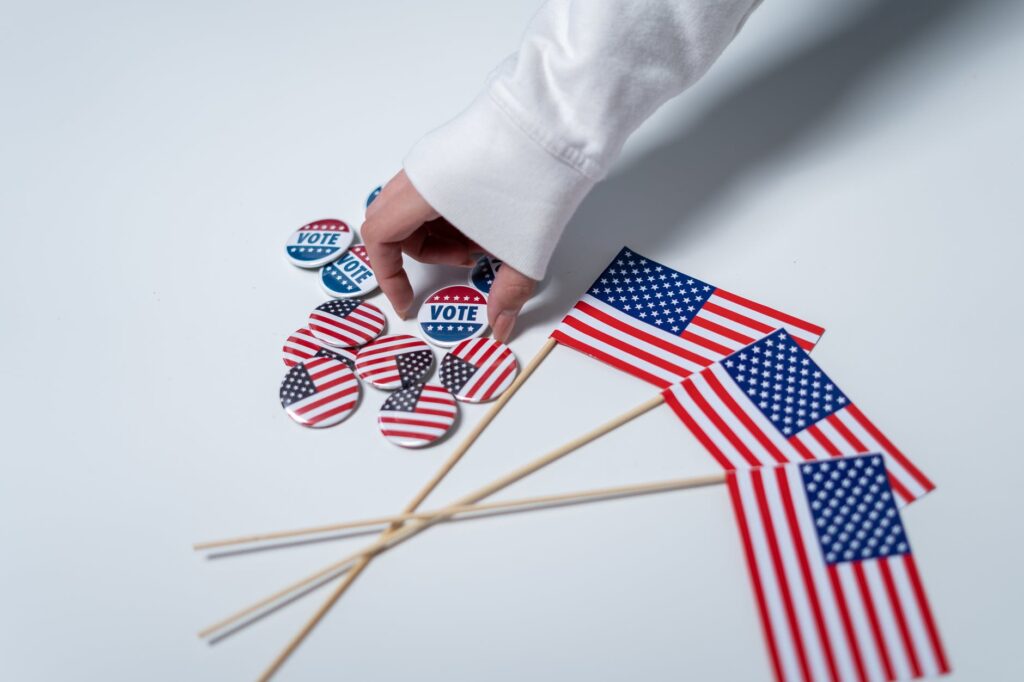
Fact 2: The right to vote is NOT listed in the First Amendment. In fact, it’s nowhere to be found in the Constitution or the Bill of Rights. Prior to the Civil War people’s eligibility to vote was largely left up to the individual states to determine. After the war, language concerning the “right to vote” became quite popular and is found in the 14th, 15th, 19th, 24th, and 26th Amendments. Through the amendment process, the right to vote has expanded exponentially, bringing the vote to more and more people.
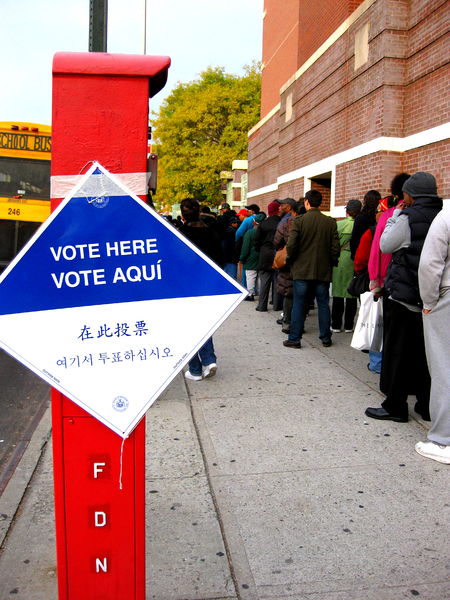
Fact 3: Academics and lawyers still debate whether voting is a form of free speech protected by the First Amendment. Some people argue that it is a privilege or a responsibility, rather than a right. The issue remains largely unresolved with a lot of grey areas.
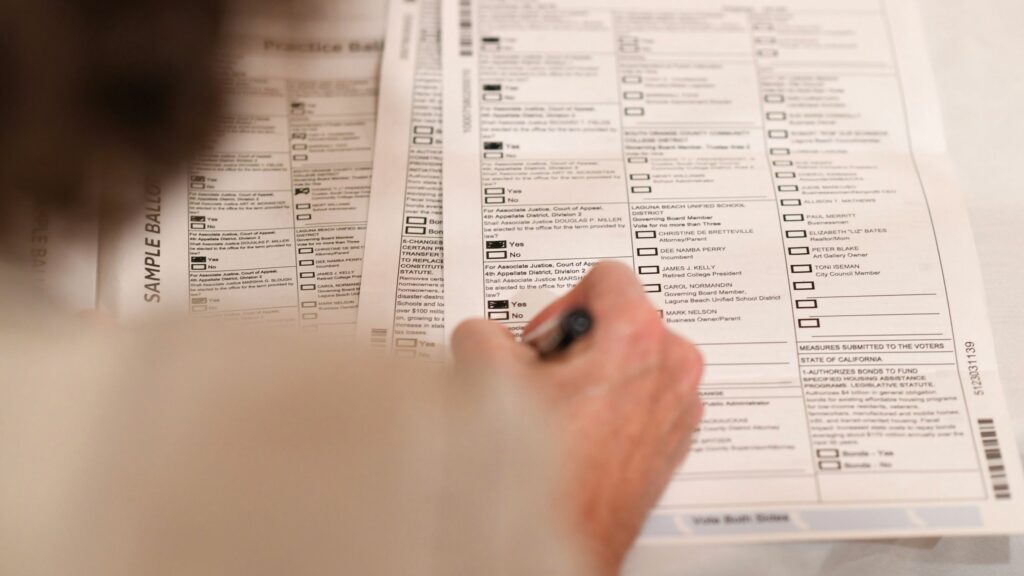
Fact 4: A candidate must meet a variety of requirements and deadlines before their name appears on a ballot. These ballot access laws are determined locally, resulting in eligibility requirements that vary widely across the United States. Many people think ballot access restrictions infringe on candidates’ First Amendment rights and are a way for the government to stifle the democratic process. Recently, Kanye West was denied ballot access in many states and has subsequently sued five states for not including him.
Photo: Robyn Beck / AFP / Getty Images
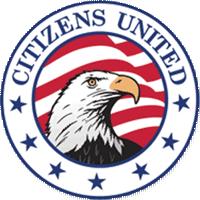
Fact 5: In Citizens United vs. Federal Election the Supreme Court decided that unlimited political spending is a form of free speech that’s protected under the First Amendment. This case has opened the door for corporations and unions to spend as much money as they want to support their chosen political candidates.
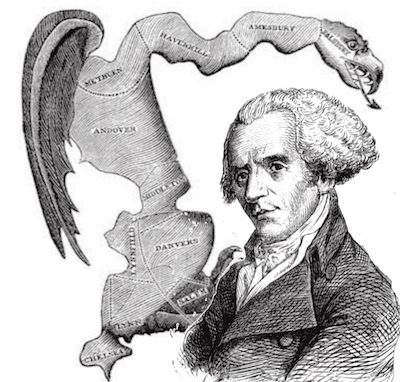
Fact 6: The boundaries of voting districts are redrawn from time to time as communities grow or shrink in order to keep legislative representation in fair proportions. But sometimes, voting districts are gerrymandered, or redrawn to manipulate election outcomes, which many people feel is an infringement on free speech. Academically, the Supreme Court has found gerrymandering “incompatible with democratic principles,” but has taken no action to prevent it, claiming the various issues behind gerrymandering are “beyond the reach” of the Court.
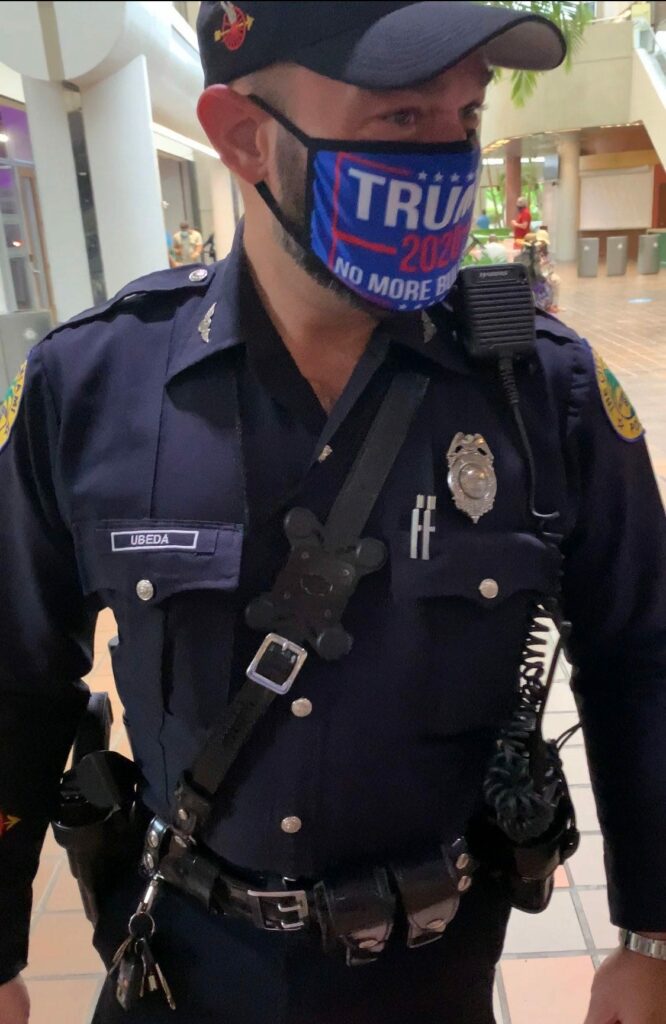
Fact 7: Numerous on-going investigations of purported voter intimidation have happened during this election. Many of these perceived instances are described by defendants as “free speech” and “free expression,” however. For example, one case involves an off-duty police officer in Miami who was photographed in full uniform at a polling place wearing a mask that read “Trump 2020” and “No more bulls—t”. Does this constitute voter intimidation, or is it free speech?
Photo: Steve Simeonidis via Twitter
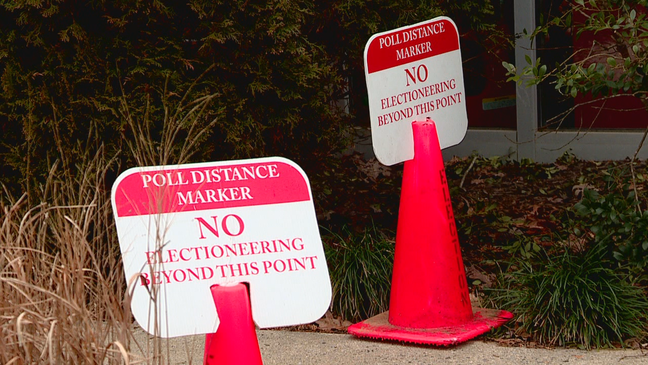
Fact 8: Some states and communities have enacted “campaign buffer-zones” around polling places. These buffers keep campaign signs and supporters some distance away from polling sites. Courts have upheld the legality of these buffer-zones but critics claim they are an unjust restriction on freedom of speech and freedom of assembly.
Photo: WLOS.com
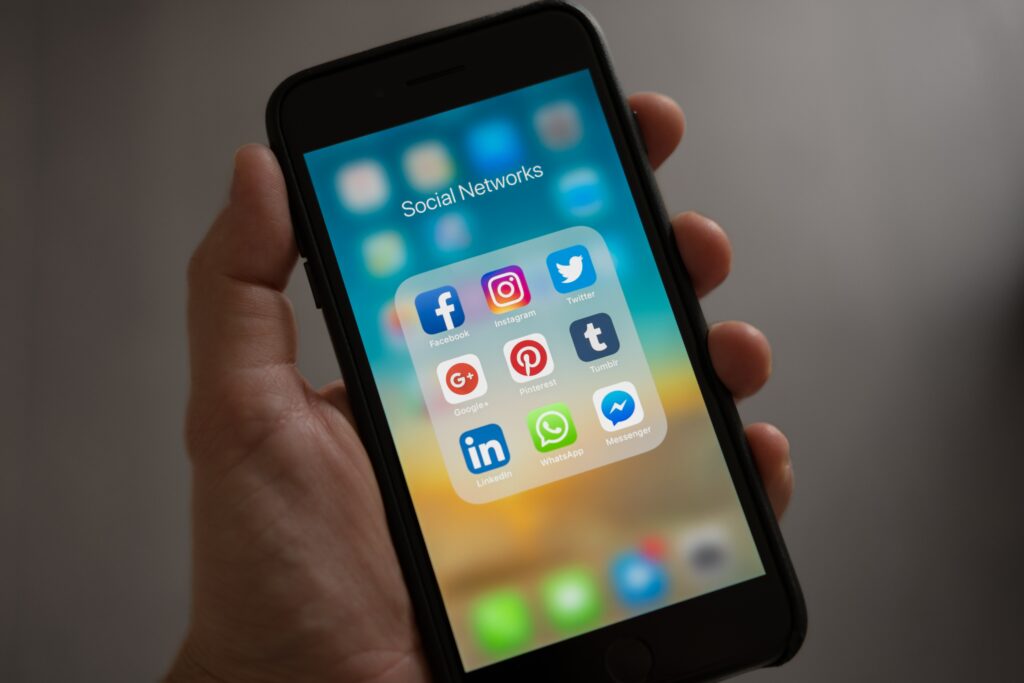
Fact 9: Recently, social media sites have been accused by all sides of the political spectrum for blocking campaign ads, censoring free speech, and endorsing candidates. But the First Amendment does not have to be applied equally across social media platforms. Because such sites are owned by private companies, they are not public forums, and the sites themselves are free to censor the content they choose to allow.
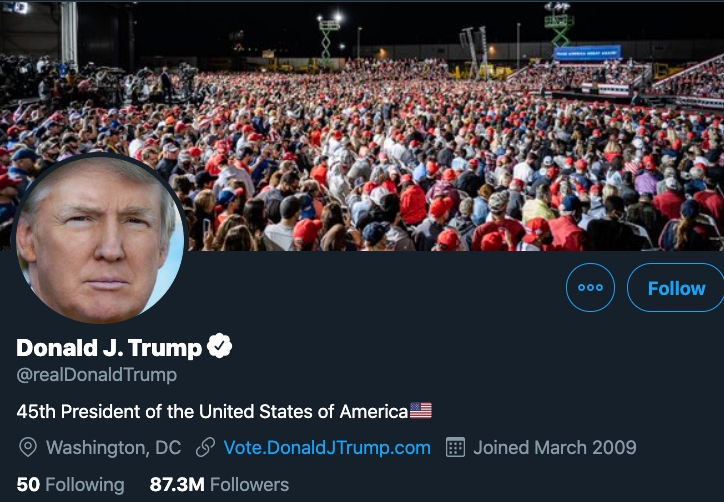
Fact 10: HOWEVER, in a recent ruling, a district court found that because President Trump uses his private Twitter account for official business, his Twitter feed does constitute a designated public forum. The suit was brought against Trump because he blocked the plaintiffs on Twitter, which the court ruled was an infringement of free speech. President Trump appealed the decision to the Second Circuit Court of Appeals. If the original ruling stands it could open up more government regulation over private social media companies and affect future elections.

